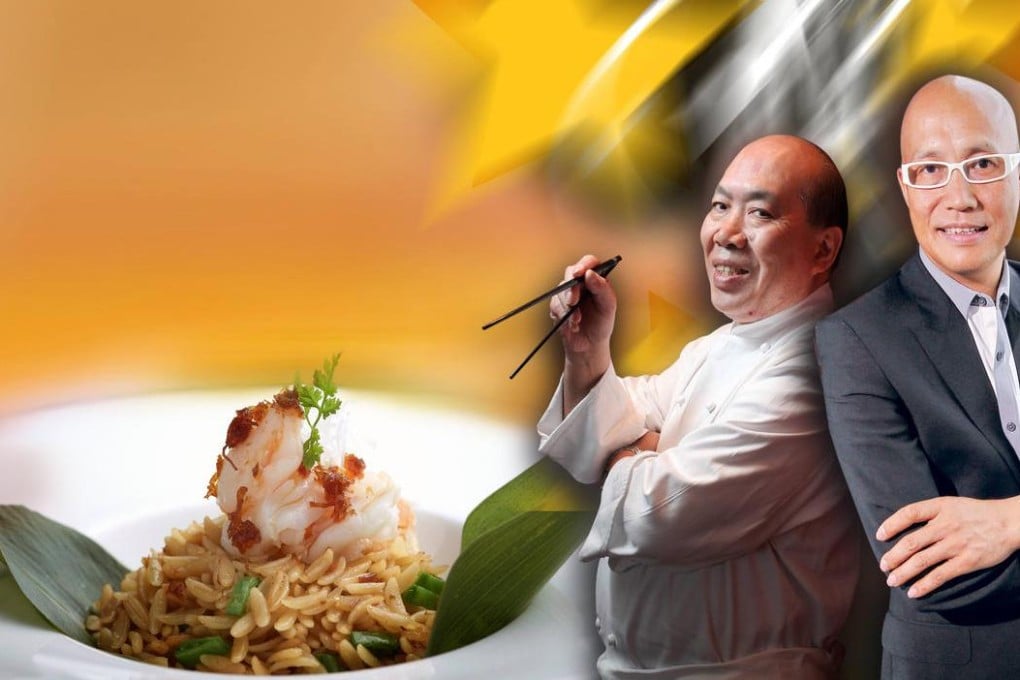Top Chinese chefs shun the spotlight
Celebrity is the culinary world's new currency - but China's greatest chefs remain reluctant stars, writes Bernice Chan

When it comes to Western celebrity chefs, plenty of names spring to mind – Daniel Boulud, Jamie Oliver, Gordon Ramsay and Pierre Gagnaire, to name a few. Some are known as much for their outsized personalities and television shows as for the food they create; others such as Ferran Adrià attract cult followings from around the globe because of their inventive, some might say game-changing, approaches to food.
It’s a struggle, however, to name Chinese chefs with such a profile. Part of the reason is cultural: Chinese society has long cultivated the virtues of modesty and humility, and chefs are traditionally viewed as skilled but uneducated artisans, almost never as artists who work with food.

“Chinese chefs have Confucian thinking that you should live harmoniously, be humble, not be outspoken and have collective thinking,” says Chan Chun-wai, a food and travel writer.
“For Western chefs, it’s about individualism – that you should express yourself when you are younger and aim to be No 1. That’s why you see many young Western chefs become famous. In Asia, it’s about following your master and waiting for your opportunity, which takes more time.”
But the spread of foodie culture around the world, along with better-paid chefs who have opened their own restaurants and are keen to articulate their ideas, have started to change that.
And Chan reckons the expansion of The Michelin Guide to Hong Kong (its first guide for Hong Kong and Macau was published in 2009) has accelerated the pace, pushing the city’s chefs – Chinese and Western – out of the kitchen and into the limelight.
“The celebrity culture of chefs in the West is rubbing off on us,” Chan says.